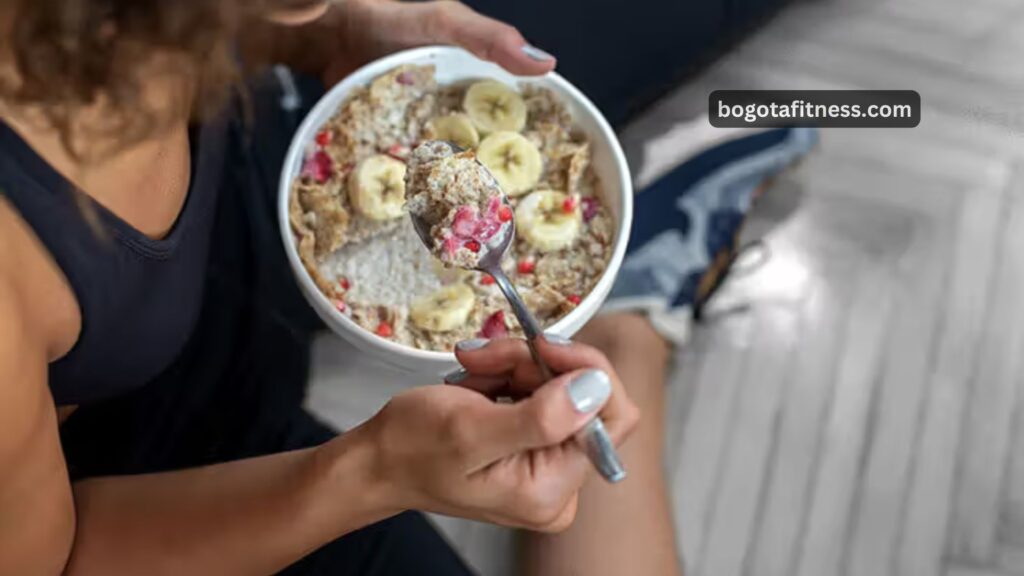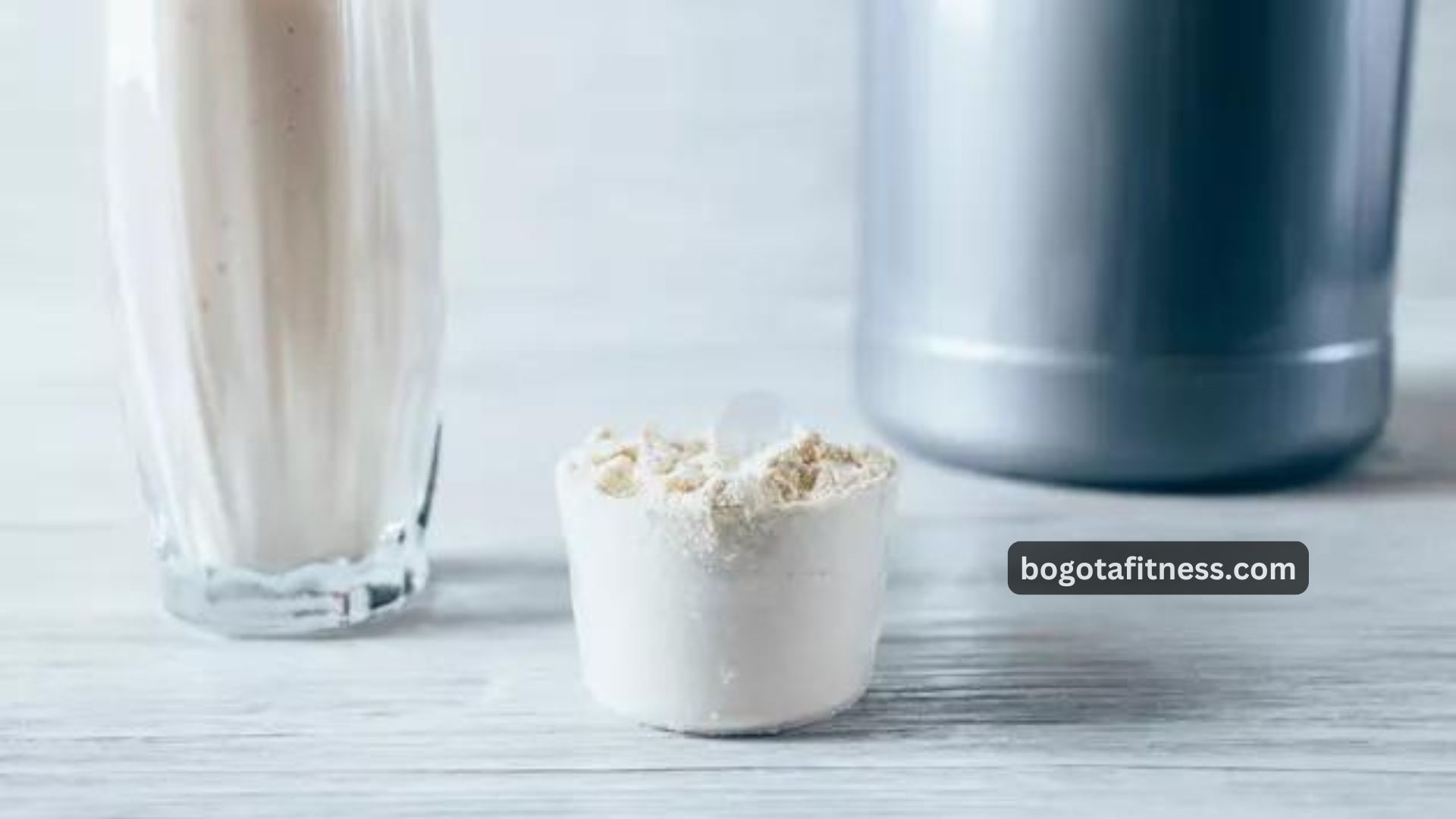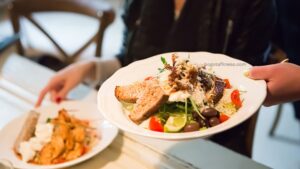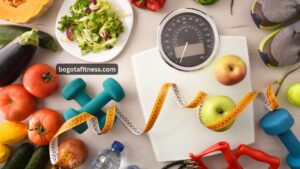If you’re exercising to lose weight, you’re already on the right track to a slimmer you. But what you eat before and after your workouts also matters a lot. Eating the right foods before exercising can boost your performance, while eating the right foods afterward helps build muscle and refill your energy stores. It’s always a good idea to talk to your doctor before starting a new workout routine or making big changes to your diet.
Workout Calories for Losing Weight
When you work out, your body burns extra calories, which is great for weight loss. For example, a 154-pound person burns about 280 calories per hour walking at 3.5 miles per hour, and around 590 calories per hour jogging at 5 miles per hour. Since a pound of fat equals 3,500 calories, you’d need to walk for 12.5 hours or jog for 6 hours to burn off that pound.

But, according to a 2013 article in Obesity Review, some people don’t lose as much weight as expected from exercise. This can happen if they aren’t burning as many calories as they think or if they end up eating more. So, if you’re working out to shed pounds, it’s important to keep track of both the calories you burn and the calories you eat. The National Heart, Lung, and Blood Institute suggests that most active adults can safely lose weight while eating between 1,500 and 1,800 calories a day.
Preworkout Meal for Weight Loss
Before you hit the gym, it’s important to eat in a way that fuels your workout without causing discomfort. Eating the right foods helps you perform your best and prevents early fatigue, which can shorten your workout. If you don’t fuel up properly, you might end up feeling really hungry after exercising, which could lead to overeating. Plus, eating a large meal too close to your workout might cause digestion issues and cramps because your blood is focused on your muscles.
What you eat depends on when you’re working out. Ideally, have a balanced meal with carbs, protein, and fat about three hours before exercising. This gives your muscles the energy they need. Good options include a turkey and cheese sandwich on whole-wheat bread with an apple and yogurt, whole-wheat pasta with turkey meatballs and a salad, or a baked potato topped with broccoli, low-fat cheese, and pinto beans, paired with an orange.
If you’re working out in the morning and don’t have three hours to digest, opt for a lighter snack with carbs and a bit of protein about 30 minutes before your workout. Some easy choices are a hard-boiled egg with crackers, a toasted bagel with a slice of low-fat cheese, or nonfat Greek yogurt with sliced peaches. Avoid foods high in fat and fiber right before your workout since they can be hard to digest.
After-Workout Eating
Your post-workout meal is super important. The 30 minutes right after you finish exercising is the perfect time to help your muscles recover and refuel your energy. Building muscle helps your body burn more calories, even when you’re not working out, which can be great for weight loss.

For the best results, your post-workout snack should include both carbs and protein. This combo helps build muscle and replenish the energy stores in your muscles. Some great options are a glass of low-fat chocolate milk, a container of low-fat Greek yogurt, a piece of string cheese, or an apple. These snacks will help you stay on track with your weight loss goals.
Don’t Forget to Drink
What you drink before and after your workout is just as important as what you eat. Staying hydrated can really impact how well you exercise. When you’re aiming to lose weight, water is your best bet since it has no calories.
Try to drink up to 20 ounces of water about three to four hours before your workout, and have another 8 ounces about 30 minutes before you start, according to Family Doctor. After your workout, make sure to rehydrate with an 8-ounce glass of water.
Beware of Workout Foods
There are tons of nutrition products out there, like sports drinks and protein bars, that claim to boost your workouts and help with recovery. But watch out—they’re not exactly low in calories. For example, a 24-ounce sports drink has about 160 calories, and a protein bar can have around 220 calories. It’s fine to enjoy these products, but remember to keep track of those calories, just like you would with anything else in your weight-loss plan.




